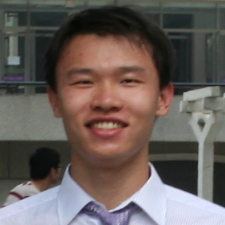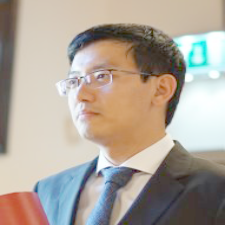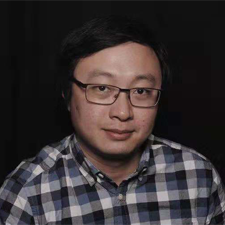Keynotes

Maarten de Rijke is full professor of Information Retrieval in the Informatics Institute at the University of Amsterdam. He holds MSc degrees in Philosophy and Mathematics (both cum laude), and a PhD in Theoretical Computer Science. He worked as a postdoc at CWI, before becoming a Warwick Research Fellow at the University of Warwick, UK. He joined the University of Amsterdam in 1998, and was appointed full professor in 2004. He is a member of the Royal Dutch Academy of Sciences (KNAW). De Rijke leads the Information and Language Processing Systems group, one of the world’s leading academic research groups in information retrieval. His research focus is on intelligent information access, with projects on self-learning search engines, semantic search, and social media analytics. He is the director of Amsterdam Data Science. He’s a former director of the Intelligent Systems Lab (ISLA), of the Center for Creation, Content and Technology (CCCT), and of the University of Amsterdam’s Ad de Jonge Center for Intelligence and Security Studies.
Title: Neural Outfit Recommendation
Most previous work on outfit recommendation focuses on designing visual features to enhance recommendations. Existing work neglects user comments of fashion items, which have been proved to be effective in generating explanations along with better recommendation results. We propose a novel neural network framework, neural outfit recommendation (NOR), that simultaneously provides outfit recommendations and generates abstractive comments. NOR consists of two parts: outfit matching and comment generation. For outfit matching, we propose a convolutional neural network with a mutual attention mechanism to extract visual features. The visual features are then decoded into a rating score for the matching prediction. For abstractive comment generation, we propose a gated recurrent neural network with a cross-modality attention mechanism to transform visual features into a concise sentence. The two parts are jointly trained based on a multi-task learning framework in an end-to-end back-propagation paradigm. Extensive experiments conducted on an existing dataset and a collected real-world dataset show NOR achieves significant improvements over state-of-the-art baselines for outfit recommendation

Hang Li is a director of AI Lab, Bytedance Technology (also known as Toutiao), adjunct professors of Peking University and Nanjing University. He is an IEEE Fellow and an ACM Distinguished Scientist. His research areas include natural language processing, information retrieval, machine learning, and data mining. Hang graduated from Kyoto University in 1988 and earned his PhD from the University of Tokyo in 1998. He worked at NEC Research as researcher from 1990 to 2001, Microsoft Research Asia as senior researcher and research manager from 2001 to 2012, and chief scientist and director of Huawei Noah’s Ark Lab from 2012 to 2017. He joined Bytedance in 2017. Hang has published three technical books, and more than 120 technical papers at top international conferences including SIGIR, WWW, WSDM, ACL, EMNLP, ICML, NIPS, SIGKDD, AAAI, IJCAI, and top international journals including CL, NLE, JMLR, TOIS, IRJ, IPM, TKDE, TWEB, TIST. He and his colleagues’ papers received the SIGKDD’08 best application paper award, the SIGIR’08 best student paper award, the ACL’12 best student paper award.
Title: Concepts and Principles of Matching Technologies
Many application problems can be formalized as matching between two sets of objects or two sequences of objects. Examples of the former include user-item matching in recommendation, and examples of the latter include query-title matching in search. Although matching techniques have been widely used in practice, it still lacks a thorough study from a general viewpoint. In this talk, I will give an overview of matching technologies, particularly those used in search and recommendation. I will describe a formulation of the matching problem, summarize the major concepts with regard to matching, and make comparison between matching and other tasks. I will propose several principles for development of matching technologies. I will also introduce related work at the AI Lab of Bytedance Technology.







